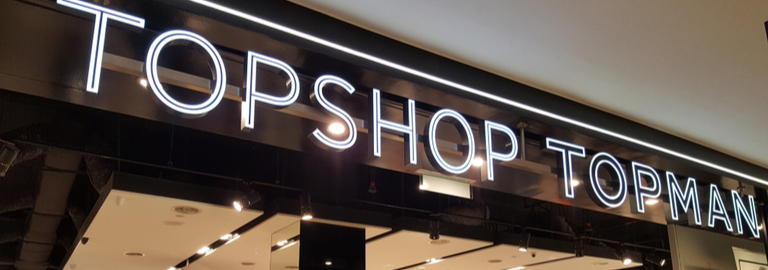
While businesses are welcoming the extension of tax deferrals and financial schemes, their survival is hanging by a thread – and the collapse of retail giant Arcadia is just there to prove it, says Tim Symes, partner and expert in insolvency at law firm Stewarts.
“We’re expecting a tsunami of insolvencies,” he says. “There is currently an artificial life support system that the government has wrapped around businesses. We’re in a frozen state now where there are companies which are inevitably going to fall over as soon as the government withdraws its furlough, withdraws its VAT deferrals and when the loans run out and so forth.”
The UK government is now disallowing individuals to present a winding-up petition against companies that have been affected by coronavirus or cannot pay their debt because of it. Landlords are also not allowed to enter premises peacefully by way of forfeiture or unpaid rent.
The ‘frozen state’ in which companies are now in is delaying insolvencies, according to Symes, and Arcadia’s problems will have a ripple effect on suppliers and businesses that will lead to companies falling into administration.
“It’s [Arcadia] ceasing to be a customer. The plan is to continue trading some or all of the businesses within the Arcadia group. Beyond the appointment, of course, they’re going to be trading during that period as to the extent to which they seek supplies and then those suppliers will be less affected,” he explains.
“But as soon as those businesses cease to trade then those suppliers are going to be short of a very major customer in the form of the Arcadia Group.”
HMRC will have the status of the group’s preferential creditor, in which it will have a special claim on the assets ahead of banks and ordinary creditors such as suppliers for any unpaid tax.
“It doesn’t change the fortunes of Arcadia, it just reshuffles the priority of creditors within Arcadia,” says Symes. “Tomorrow and going forward, they [HMRC] will enjoy, in any administration liquidation, an elevated position as a second preferential creditor, which would put them above floating charge creditors and above unsecured creditors as well.”
Leave a Reply